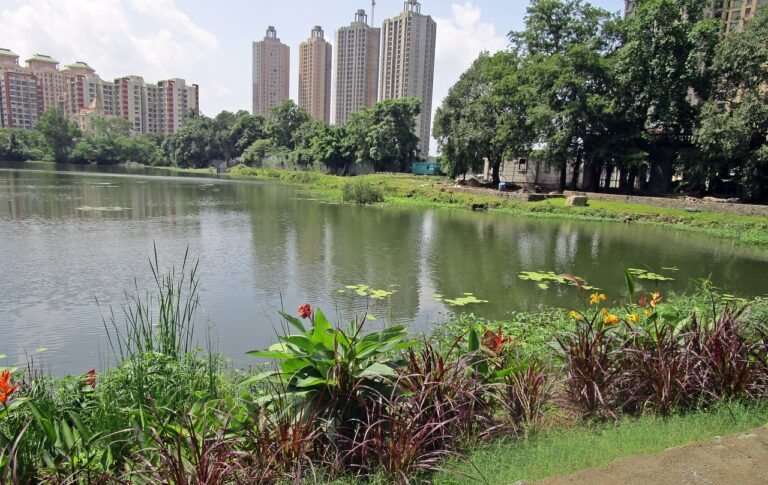Exploring the Use of Virtual Reality in Political Campaigns
betbhai99, radhe exchange download apk, 99 exchange login:Virtual reality has been a hot topic in recent years, with applications ranging from gaming and entertainment to education and training. But one area that has seen limited exploration is the use of virtual reality in political campaigns. This technology has the potential to revolutionize the way politicians interact with voters, engage with constituents, and communicate their platforms. In this article, we will explore the use of virtual reality in political campaigns and discuss its implications for the future of political campaigning.
What is Virtual Reality?
Virtual reality (VR) is a technology that allows users to immerse themselves in a computer-generated environment. By wearing a VR headset, users can interact with and explore virtual worlds as if they were actually there. VR technology has come a long way in recent years, with high-quality headsets available to consumers at affordable prices.
How Can Virtual Reality Be Used in Political Campaigns?
Virtual reality has the potential to revolutionize political campaigns in several ways. Here are some of the ways that VR can be used in political campaigning:
1. Virtual Campaign Rallies: Instead of traditional campaign rallies, politicians can host virtual rallies where supporters can attend from the comfort of their own homes. Virtual rallies can reach a wider audience and allow politicians to engage with supporters in new and innovative ways.
2. VR Campaign Ads: Politicians can create immersive virtual reality campaign ads that allow viewers to experience their platform in a more engaging way. VR ads can grab the attention of voters and create a lasting impression.
3. Virtual Town Halls: Politicians can host virtual town halls where constituents can interact with them in a virtual environment. Virtual town halls can make politicians more accessible to voters and allow for meaningful dialogue on important issues.
4. Virtual Reality Campaign Tours: Instead of traditional door-to-door campaigning, politicians can conduct virtual reality campaign tours where voters can explore campaign headquarters, meet campaign staff, and learn more about the candidate’s platform.
5. Fundraising Events: Virtual reality can be used to host virtual fundraising events where supporters can donate to the campaign and interact with the candidate in a virtual environment.
6. Voter Education: Virtual reality can be used to educate voters on important policy issues and help them make informed decisions at the ballot box.
7. Virtual Reality Polling: Politicians can use virtual reality to conduct polls and gather feedback from voters in a more engaging and interactive way.
The Future of Virtual Reality in Political Campaigns
The use of virtual reality in political campaigns is still in its early stages, but the potential for growth and innovation is immense. As VR technology continues to improve and become more accessible, we can expect to see more politicians incorporating virtual reality into their campaign strategies.
FAQs
1. Is Virtual Reality Expensive to Implement in Political Campaigns?
While virtual reality technology can be expensive, there are affordable options available that can be used to create engaging and immersive campaign experiences.
2. Will Virtual Reality Replace Traditional Campaigning Methods?
Virtual reality is unlikely to replace traditional campaigning methods entirely, but it can complement them and offer new ways for politicians to connect with voters.
3. Can Virtual Reality Help Increase Voter Turnout?
Virtual reality has the potential to engage voters in new and exciting ways, which could ultimately help increase voter turnout.
In conclusion, virtual reality has the potential to revolutionize the way politicians campaign and interact with voters. By incorporating virtual reality into their campaign strategies, politicians can reach a wider audience, engage with voters in new and innovative ways, and communicate their platforms more effectively. As VR technology continues to advance, we can expect to see more politicians embracing virtual reality in their campaigns.





